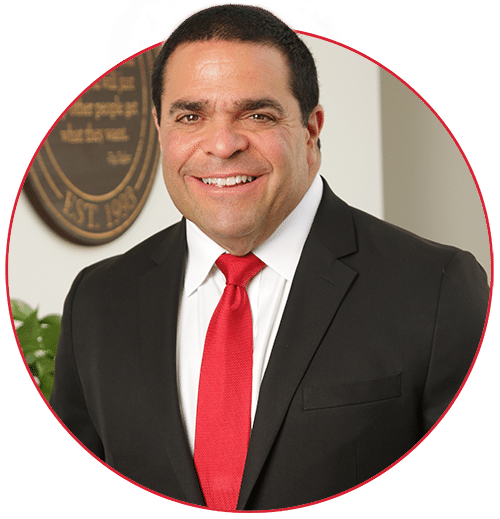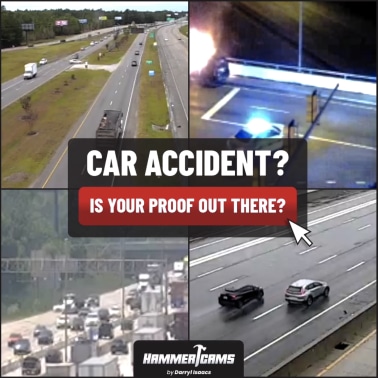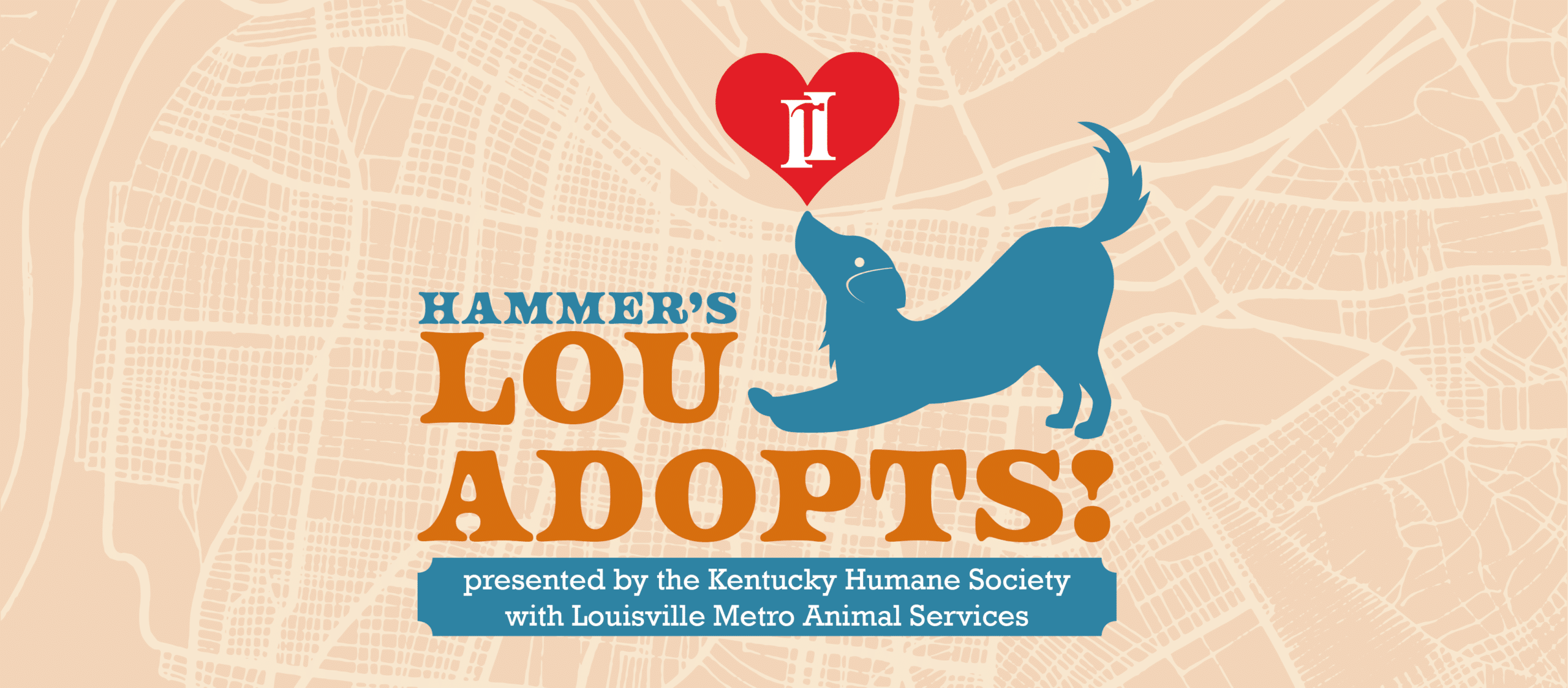Episode 06 – After A Truck Crash Explained
“Ask The Hammer” – Exploring the Legal Matters That Matter Most
Welcome again to the podcast series now available on iTunes and Stitcher Radio! “Ask the Hammer” is the radio show with truck accident lawyer Darryl Isaacs, “The Hammer.” Do you have a legal question for The Hammer? You can submit your questions via Facebook or Twitter using #askthehammer or or give the offices of Isaacs & Isaacs a call at 800-333-9999. We’d love to use your questions on the show!
Questions answered in this episode:
- What qualifies as a commercial vehicle?
- Steps to take when involved in a crash involving an 18-wheeler truck or large commercial vehicle?
- What if a trucking or insurance company calls me before I’ve spoken to a lawyer?
- Who can be sued in a truck accident case?
- What is the trucker’s side in this in terms of protecting themselves?
- What is my course of action in the days following a truck accident?
- Why different factors cause such high costs in truck accident cases?
- When a road or property gets damages in a truck accident, who pays for it?
- What categories of driver negligence seem to repeated more commonly by truckers?
- What is a positive or helpful message that you would like to share with drivers of trucks and commercial vehicles?
- Are you seeing a lot of cases going all the way to a jury’s decision?
- Our social media question from Facebook
Visit Our Truck Accident Lawyer Page
You can also listen to this episode via Apple Podcasts, Spotify, Stitcher Radio, SoundCloud or Google Play.
Episode 06 Transcription
[music]
Host:
Welcome to Ask the Hammer, the podcast exploring the legal matters that matter most. I’m your host, Jeremy Kocal, and as always we are here with attorney Darryl Isaacs, “The Hammer,” ready to take on the most popular questions about law.
Today’s episode: What To Do After a Truck Accident
We’ll talk about steps to take when involved in a crash with an 18-wheeler truck or large commercial vehicle, who can be sued in a truck accident, helpful legal thoughts for truck drivers and of course our social media question that listeners want to Ask the Hammer.
You ready to dive in?
Darryl:
I am.
Host:
Alright, cool.
What exactly is a commercial vehicle, I know we have passenger vehicles or everyday drivers in typical smaller vehicles, but how do you define a commercial vehicle?
Darryl:
The biggest thing is, a commercial coverage might be considered business related. So, instead of the driver just maybe driving himself or his family, a commercial vehicle may be, if the driver works for a plumbing company, or a truck driver, I mean, obviously trucks are a little separate.
It could be a car. We’ve had this before, where they get people to do temporary workers or something and the supervisor might run out and check on them. So they’re in a regular car, but it’s a commercial policy because they’re working on behalf of a business or company.
Host:
When an accident happens with one of these big trucks, what really should be happening at the scene of a truck accident once you’ve been in it?
Darryl:
I guess there’s two ways to look at it – Police need to be called immediately. If you’re in a car and you’re hit by a truck and you’re very injured, obviously you’re going to want medical help immediately.
I always like to tell people, you know, nowadays with cell phones, you can use a recorder, you can turn your recording device on, maybe start recording some thoughts or things going on, or surroundings, like what just happened while it’s fresh in your mind. If you’re able to move around you might want to take some quick pictures.
You know in today’s world with the social media, I wouldn’t post stuff, but, you just want to get stuff prepared that you can use later on.
Host:
What should someone do if after an accident, the trucking company calls them before they’ve actually had a chance to hire a lawyer?
Darryl:
Well they don’t want to make a statement because anything they say can be used against them at a later date. I would always recommend everybody, if you’re injured or you’re hurt, you want to get a lawyer. It’d be equivalent of – you get an injury, are you going to go to a doctor or try to take care of your own injury?
You just have to let people trained to do that. These insurance companies have such a massive staff of investigators. You know, they have doctors, lawyers, experts, everything at their disposal.
You need to get someone right away, even if you haven’t hired somebody. You might say, “Hey let me call you right back,” and not call back, call an attorney, and have the attorney call them back.
Host:
Who can be sued in a truck accident case? A commercial driver is being represented by a company who has an insurance company representing them, so what does it come down to as far as who you take action against?
Darryl:
Well, okay, the wrongdoer is obviously the person who caused the accident. You have to file against the driver, but if he’s working for a company, they you’re gonna go after the company and the insurance company. The person driving, like I say, if one of my employees went out and hurt someone, they may list them at fault and they may sue them, but they’re actually coming after our coverage.
So any judgment they get, our company would have to take care of it first, unless it maxed the insurance limits. But most people out there don’t have assets beyond insurance coverage. So you always have to go after the person who is at fault, but someone else can be covering them financially. And that’s why you hope, if you’re been hit by someone with a commercial policy, they have a big insurance policy especially if you have monster damages. (linked to our “damages” glossary term page)
Host:
So you have the individual trucker, what’s usually that interaction like?
Darryl:
The trucker who caused the accident, like I say, his insurance company, employer, they will tell him not to talk to the other side… that’s why they ‘lawyer him up’ as they call it, and they don’t have to talk to anybody, you have to go through their lawyer. And that’s why we recommend the injured person do the same.
Once a person’s represented, you couldn’t talk to them unless you got the lawyer’s permission and they never do it.
Host:
The days following a truck accident, are there recommended steps, and an order of tasks that you should be following?
Darryl:
Getting a lawyer is the best advice I can give, and I know people say, “well you’re a lawyer,” but I’m just telling you when I see all the tragedies that these people, because a lot of them have financial ruin. All of the sudden they go from working and they can’t work and they’re getting injuries and they’re getting medical bills and then bill collectors. So, a lot of times, the best thing to do is get a lawyer.
Now, the other scenario is, anytime you’re hurt you need to go and get medical care and follow the medical advice. Best thing people can to do help their case is, if the doctor is saying you need therapy or you need a certain test, well show up for that therapy or test. Don’t just not show up or have a lot of no-shows. Then it looks like you must not be that hurt or you must not care that much about your case.
Host:
Truck accidents seem to fall into a category where they can become really big cases. Can you tell us just a little bit why these cases become really expensive?
Darryl:
Because the damages are so great — you know, you’re talking about a lot of truck cases result in death or serious injuries, like maybe you’re a paraplegic or quadriplegic or you might have — lose an arm or a leg, so you’re just talking big damages.
And that’s why the truck companies carry big limits. And that’s why they try to fight it. They don’t want to pay, because you know, think about it, these trucks can be carrying tons and tons of weight.
Host:
With some of these big accidents involving large commercial vehicles like trucks, there is a considerable amount of cleanup then that is required on the highways and the roads to get traffic moving again. Do you know who pays for this? Does this get billed to the people that caused the accident? Does that become part of the lawsuit ever?
Darryl:
That’s not something we handle because that’s a separate matter. They wouldn’t join that lawsuit, but what could happen is, if there’s something massive and – let’s say the driver is cited for whatever reason, there’s a lot of rules and regulations that go with truck drivers. Let’s say he violated something and they’ve got proof, well they might find the owner of the company and punish them.
Part of it is, yeah, they might be responsible for doing a big cleanup or spill – let’s say the truck was carrying oil and it got everywhere, that could. But if the person’s injured in the accident, they’re not going to join that particular lawsuit.
Host:
There seems to be a lot of different categories obviously of truck crashes and accident cases. One of the bigger ones that seems to come up is negligence on the part of the truck driver. What specific kinds of negligence seem to come up a lot in the cases that you deal with?
Darryl:
The list is endless. I mean, it could be everything from truckers not paying attention. Let’s say they’re texting — you know a lot of the same things that regular drivers can be – but truckers also, like one case we just got recently, the trucker was carrying an excess load that he wasn’t allowed by law. And rather than go through the truck stop, he took side roads and caused a serious accident.
So, by him knowing he was carrying a load that wasn’t allowed, that right there will do them in. I mean, you don’t just become a truck driver. You have to get a lot of training, because you have to be taught on what not to do. It’s pretty extensive.
Host:
If you had a positive message to try to give to truck drivers about laws and obligations that you wish would empower them to understand, to reduce the accidents, what kind of words of wisdom would you be giving, specifically about laws and rules of the road for truckers?
Darryl:
It’s really hard not to try to dance around your question. The hard part is this – these truck companies, they want people to do jobs. These persons that drive want a job. Sometimes they get put in tough scenarios, like they might not get as many breaks or they may not get as much sleep. Or they’re given time constraints that they gotta get a certain load delivered. So sometimes it’s not fair to the truck drivers, and attorneys recognize that. I mean, you know if there’s a serious case and there’s issues and sometimes, even though the trucker caused the accident, if he caused it due to some limitations placed by the employer or the truck companies, that’s taken into account.
But I always tell people, whether it’s a truck driver or a regular driver, just try to follow a lot of common sense basic rules. Don’t follow a car too closely. If you’re carrying a heavy weight and you know it takes longer, give yourself extra time to brake. Maybe don’t go the speed limit, if you go a little less, if it’s just a safer drive.
You know some other things is — they’re supposed to inspect the tires a lot of times because all of the weight is hard wear and tear on tires and sometimes truckers have to get tires changed. Maybe they don’t get them changes as frequently.
Host:
Do you see a lot of these cases getting to the point of going all the way to a jury’s decision or are many of them reaching settlement before that?
Darryl:
You have to work them all like they’re gonna go get tried, but it would be great if they got settled along the way. Sometimes they do the right thing, sometimes they don’t and sometimes it gets settled during the trial. But you have to prepare your case like it’s going to be tried.
Host:
And settlement is one of those words that’s sometimes confusing for people. I think that some people hear the word settle and think, “Oh my gosh, I’m giving up the fight, I shouldn’t settle for less than what I’m due. But can you explain settlement and what that means for you and for your clients?
Darryl:
Well, yeah, anytime you can settle it’s a great day… because the client most times won’t settle unless they’re pleased with the settlement. But sometimes the settlement might be what they call the policy limits. Let’s say a trucking company has a $1M policy limit, it’s all that they have, and if you can get that in a settlement without having to go to court that’d be a great thing. I mean, it’s not always going to be that way.
But settlement sometimes doesn’t show weakness. Likewise, you didn’t ask this, but even if you’re headed for a trial, the judges will want you to do what’s called mediation – where they’ll get a neutral party and before they go to trial, they’ll get both sides to sit down, and then the mediator will try to talk to both sides, see what the issues are, if they’re close. Sometimes through mediation you get it settled, so, settlement is not a bad thing necessarily. Sometimes it won’t happen, but sometimes it does, it’s a good thing.
Host:
And know that some folks out there just get impatient at the idea of waiting and wondering if work is being done on these cases because the timeline can be extended and long, is that just a typical way that things work in law?
Darryl:
Yeah, it is. Heck, one of our big cases, there was an issue that the court was struggling with between the parties and the insurance companies. And one of them appealed at the court of appeals, so now it’s in the court of appeals and the trial judge said “I’ve got to put this on hold until the court of appeals decides.” So now they’re going to be delayed probably a year. Sometimes it’s part of it, but you know these clients have to understand, if they’ve been wronged, or they’ve been damaged or hurt, they need to stay in for the fight so they can get what’s fair and just and owed to them.
Host:
Are there any other general thoughts that you have and thoughts your want to get out about truck cases?
Darryl:
Well, the biggest thing is, truck cases are complicated and there’s a lot of great truck lawyers out there. I would always be leery trying to find a lawyer who hasn’t done any truck cases, or maybe just a few. I mean, over the years, we’ve done hundreds and hundreds. I would just make sure you get a firm that’s very experienced in truck cases.
Host:
We turn once again to social media and the questions that you would like to Ask The Hammer. Today’s question comes from Facebook:
If you are sent on an errand by your employer in your own personal vehicle, but it’s while you’re on the clock, would that be considered use for commercial purposes?
Darryl:
It could. It depends on if the company you work for has an agreement in writing that you’ve signed saying you take all the risk, or when you drive your vehicle you gotta have your own insurance. That may boil down to what’s been agreed in the labor contract. I know from my personal – we have a couple of vehicles at my work in our law firm, and we may have to have a person run down to court to file paper or document or go to the post office. Every time they get in our car, it’s considered commercial, and not their policies would cover it, but our policies.
[music]
HOST:
If you have a legal question you’d like to Ask The Hammer, reach out to us on Twitter, on Facebook , or the website, IsaacsandIsaacs.com, we’d love to tackle your question on our next show.
And here’s our legal disclaimer:
This podcast should not be used in any legal capacity whatsoever. If you have specific legal questions, contact an attorney to discuss specific legal matters about your case. The attorneys of Isaacs & Isaacs operate nationally with their primary office in Louisville, Kentucky. Listeners should note that legal services may be performed by others.
Join us next time with Darryl Isaacs on Ask the Hammer. Thanks for listening.
Visit Our Truck Accident Lawyer Page
Get Your Question Answered By Darryl Isaacs
Got a legal question for The Hammer? Reach out using the contact form on this page or give the team at Isaacs & Isaacs a call at 800-333-9999. Be sure to check out the The Hammer’s blog and more podcast episodes from attorney Darryl Isaacs!











